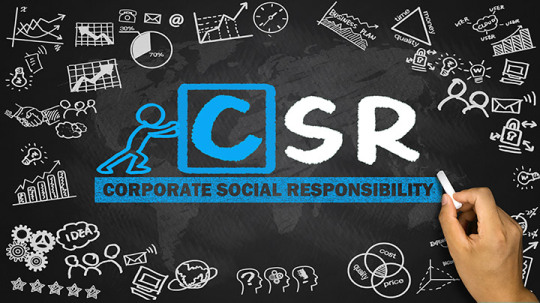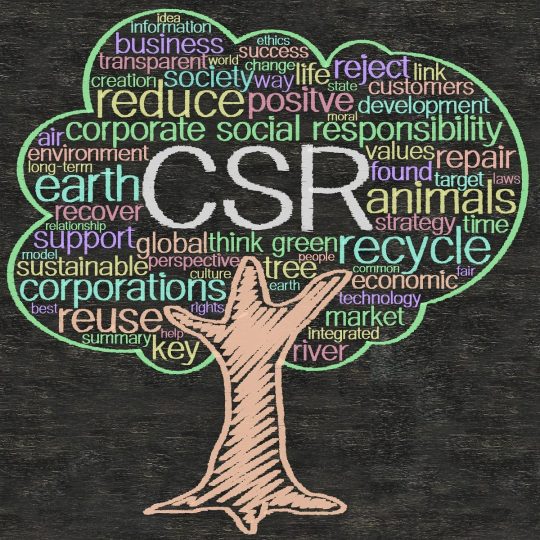Gone are the days, when companies use to contribute towards social causes without analysing the social return of investments. The Delhi-based CSR Consultancy, Fiinovation is of opinion that in today’s date, companies are not only doing good but they are also utilizing every possible medium to promote and spread awareness about their social campaigns and sustainability practices. Social media, being the favorite and most effective medium. Hence, it will be foolish of any corporate to ignore the power of social media rather they should use it as a tool to increase the footprint of their corporate social responsibility initiatives across the globe.

Using social media for promoting the good cause can lead to a plethora of business benefits ranging from increased stakeholders engagement, enhanced goodwill, brand visibility and competitive advantage. A joint study by the Pew Research Center and John S. And James L. Knight Foundation reveals that 63% of the space at Facebook and Twitter serves as a source for sharing news about events and global issues. Hence, it is also important to communicate the brand messages to intended audience through the channels preferred by the audiences.
As per cio.com, the 1.8 billion monthly active users of Facebook, sends out an average of 31.25 million messages every minute everyday. These numbers prove that social media platforms provide an influential network of passionate customers supporting brand’s initiatives and endeavours. Companies like P&G have leveraged the benefit of this spectacular stakeholder presence through their campaign, “Future Friendly Challenge” on Facebook. The program was launched to help customers save water, conserve energy, and reduce waste through several activities like donating clean drinking water to children for a day, pledging to save energy and reduce wastage and save energy for 90 days. P&G designed the strategy in a way that customers can send page invitations, educate their friends and motivate them to participate in the challenge. The brand also invited the followers to share their experience and tips on how to fulfil the objectives of this challenge.
Through this simple initiative, P&G received tremendous Return on Engagement within a few months. The statistics show that around 20,000 followers participated in the challenge and saved water and energy as well as reducing wastage for 3 months. The clean drinking was donated by each of them, amounting to 20,000 days of clean water donation. Around 7000 posts were made and shared by the supporters comprising their tips and experiences leading to total active engagement of around 48,000. The above example of P&G, integrating CSR with social media strategy has not only amplified the good actions of the company but have also helped in generating large number of supporters across the social media platform. Additionally, this will create a lasting impact on the minds of customers, strengthen trust and loyalty in the brand providing them edge over their competitors. Fiinovation appreciates P&G for utilizing the social media platforms for spreading awareness about their CSR campaign as well as passively educating customers about the importance of safe drinking water and energy conservation.
Looking at the stupendous growth of social media platforms in near future, brands are not going to leave any stone unturned in communicating and promoting their CSR initiatives on the social networks. They find it the best and easiest mediums to engage their stakeholders and enhance their brand value.
Nike’s Digital Advocacy Director Laura Adams says social media has become instrumental in Nike’s evolution as a brand and as a socially responsible and more sustainable enterprise. “At the end of the day, it’s the people out doing work that are going to get us to achieve our goals,” said Adams.







